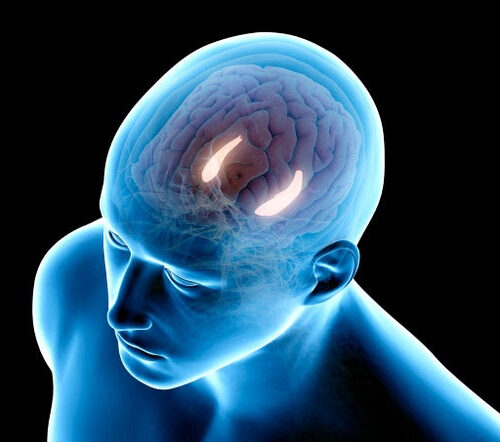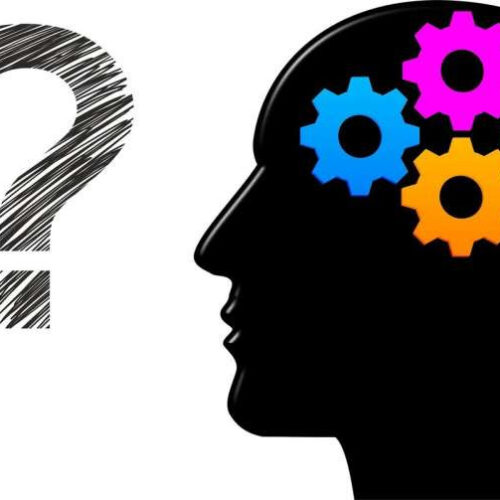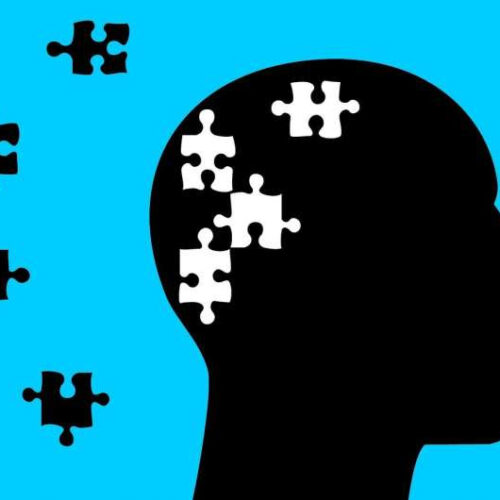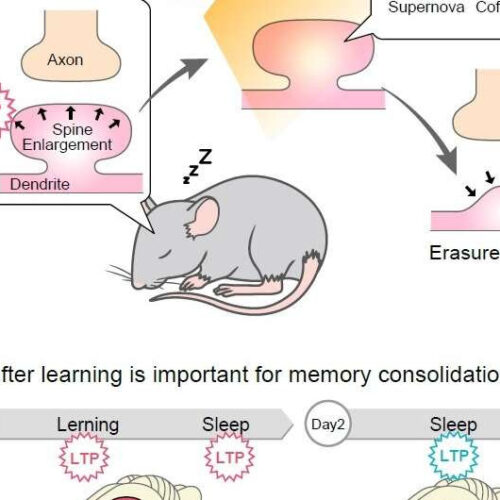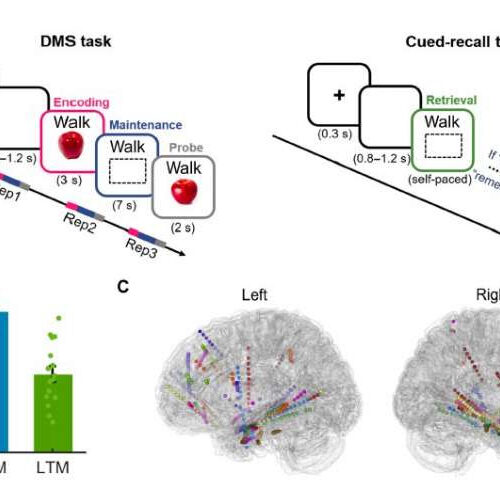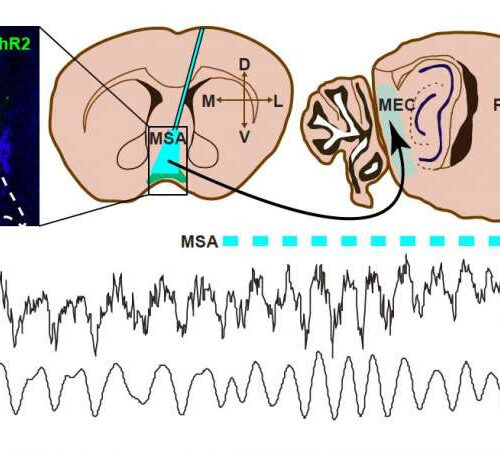One of the greatest mysteries in neuroscience is how groups of brain cells work together to form and maintain memories. Now a team of Columbia neuroscientists led by Attila Losonczy of the Zuckerman Institute has achieved a breakthrough in this area, capturing how brain cells in mice perform computations as the animals navigate the world. The researchers accomplished...
Tag: <span>memories</span>
Team Shows How Memories Are Stored in The Brain, With Potential Impact on Conditions Like PTSD
Fish that glow; a tailor-made microscope; a new way to catalog science. After six years, researchers produce the first snapshots of memory in a living animal. What physical changes occur in the brain when a memory is made? A team of researchers at the University of Southern California has, for the first time, answered this...
Cells Deep in Your Brain Place Time Stamps on Memories
By Abdulrahman Olagunju on December 29, 2021 Hippocampi, one in each brain hemisphere. Credit: Sebastian Kaulitzki/Science Photo Library/Getty Images How does our brain know that “this” follows “that”? Two people meet, fall in love, and live happily ever after—or sometimes not. The sequencing of events that takes place in our head—with one thing coming after another—may have something to do...
Scientists find first in human evidence of how memories form
by UT Southwestern Medical Center Credit: CC0 Public Domain In a discovery that could one day benefit people suffering from traumatic brain injury, Alzheimer’s disease, and schizophrenia, UT Southwestern researchers have identified the characteristics of more than 100 memory-sensitive neurons that play a central role in how memories are recalled in the brain. Bradley Lega, M.D.,...
Human brain blocks retention of some memories even when actively trying to remember them
by Bob Yirka , Medical Xpress Credit: CC0 Public Domain A team of researchers at Zhejiang University in China has found evidence suggesting that the brain blocks retention of some memories even when a person actively attempts to remember them. In their paper published in the journal Science Advances, the group describes multiple experiments they conducted...
Researchers demonstrate a new neural-optic system to manipulate memories
by Kyoto University Effect of shining light on synapses in mouse brains. Credit: KyotoU / Akihiro Goto When an important document lands on your desk, you might file it away for safekeeping. The same thing happens with our memories: They first appear in one part of the brain and then move to another for long-term storage...
Memories… or why inflammatory arthritis always recurs in certain joints
BOSTON CHILDREN’S HOSPITAL When joints flare up in people with rheumatoid arthritis and related diseases, the joints involved are often the same as those affected before. For example, if arthritis started in the right knee, it is much more likely to flare there than in the left knee, even if the arthritis had been in...
Study shows that memories pass through many transformation stages as they are encoded
by Ingrid Fadelli, Medical Xpress Experimental protocol, behavioral performance, and analysis strategy. (A) Experimental paradigm. Associations between words and pictures were first encoded and maintained in a short-term memory task (DMS task; left). After each run, participants performed a long-term memory cued-recall task (right). (B) Accuracy during short-term memory (STM) and long-term memory (LTM) retrieval....
Study shows that precisely timed theta oscillations are required for mice to encode new memories
by Ingrid Fadelli , Medical Xpress Expression of light sensitive protein (channel rhodopsin, ChR2) in pacemaker cells in the medial septal area (MSA), along with light delivery to MSA, allows for light-controlled pacing of oscillatory brain activity in brain regions, such as the medial entorhinal cortex (MEC). Quirk and colleagues show that accelerating the pace...
Aging memories may not be ‘worse,’ just ‘different’
by Brandie Jefferson, Washington University in St. Louis “Older adults might be representing events in different ways, and transitions might be picked up differently than, say, a 20-year-old,” said Zachariah Reagh, assistant professor of psychological and brain sciences in Arts & Sciences. Reagh looked at fMRI images to study memory differences in different age groups. Credit:...

